Randall Guensler
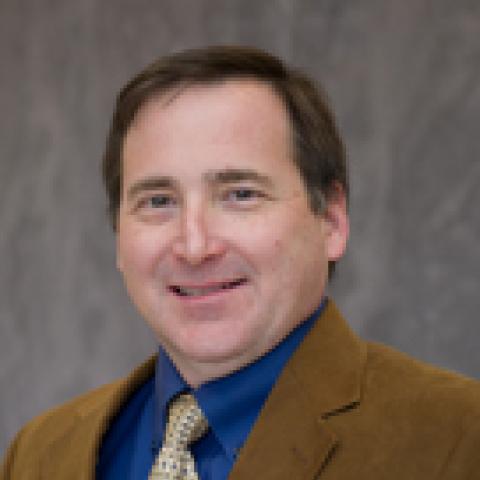
- Resource and Materials Use

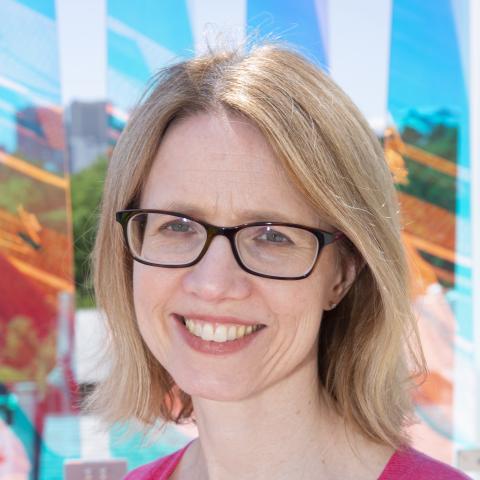
Grover’s research activities in process systems engineering focus on understanding macromolecular organization and the emergence of biological function. Discrete atoms and molecules interact to form macromolecules and even larger mesoscale assemblies, ultimately yielding macroscopic structures and properties. A quantitative relationship between the nanoscale discrete interactions and the macroscale properties is required to design, optimize, and control such systems; yet in many applications, predictive models do not exist or are computationally intractable.
The Grover group is dedicated to the development of tractable and practical approaches for the engineering of macroscale behavior via explicit consideration of molecular and atomic scale interactions. We focus on applications involving the kinetics of self-assembly, specifically those in which methods from non-equilibrium statistical mechanics do not provide closed form solutions. General approaches employed include stochastic modeling, model reduction, machine learning, experimental design, robust parameter design, and estimation.
Colloids; Crystallization; Organic and Inorganic Photonics and Electronics; Polymers; Discrete atoms and molecules interact to form macromolecules and even larger mesoscale assemblies, ultIMaTely yielding macroscopic structures and properties. A quantitative relationship between the nanoscale discrete interactions and the macroscale properties is required to design, optimize, and control such systems; yet in many applications, predictive models do not exist or are computationally intractable. The Grover group is dedicated to the development of tractable and practical approaches for the engineering of macroscale behavior via explicit consideration of molecular and atomic scale interactions. We focus on applications involving the kinetics of self-assembly, specific those in which methods from non-equilibrium statistical mechanics do not provide closed form solutions. General approaches employed include stochastic modeling, model reduction, machine learning, experimental design, robust parameter design, estIMaTion, and optimal control, monitoring and control for nuclear waste processing and polymer organic electronics
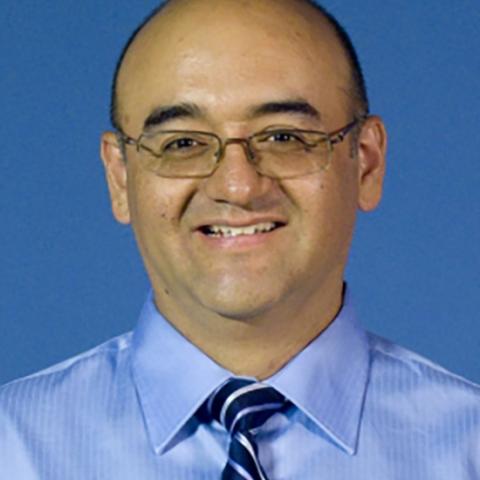
Dr. Grijalva joined the Georgia Institute of Technology in the summer of 2009 as Associate Professor of Electrical and Computer Engineering. He is the Director of the Advanced Computational Electricity Systems (ACES) Laboratory, where he conducts research on real-time power system control, informatics, and economics, and renewable energy integration in power. From 2012-2015, Dr. Grijalva served as the Strategic Energy Institute (SEI) Associate Director for Electricity Systems, responsible for coordinating large efforts on electricity research and policy at Georgia Tech. Dr. Grijalva received the Electrical Engineer degree from EPN-Ecuador in 1994, the M.S. Certificate in Information Systems from ESPE-Ecuador in 1997, and the M.S. and Ph.D. degrees in Electrical Engineering from the University of Illinois at Urbana-Champaign in 1999 and 2002, respectively. He was a post-doctoral fellow in Power and Energy Systems at the University of Illinois from 2003 to 2004. From 1995 to 1997, he was with the Ecuadorian National Center for Energy Control (CENACE) as engineer and manager of the Real-Time EMS Software Department. From 2002 to 2009, he was with PowerWorld Corporation as a senior software architect and developer of innovative real-time and optimization applications used today by utilities, control centers, and universities in more than 60 countries. Dr. Grijalva is a leading researcher on ultra-reliable architectures for critical energy infrastructures. He has pioneered work on de-centralized and autonomous power system control, renewable energy integration in power, and unified network models and applications. He is currently the principal investigator of various future electricity grid research projects for the US Department of Energy, ARPA-E, EPRI, PSERC as well as other Government organizations, research consortia, and industrial sponsors. Research interests: Power system and smart grid computation De-centralized and autonomous power control architectures Ultra-reliable electricity internetworks Seamless integration of large-scale renewable energy Electricity markets design and power system economics

Nancey Green Leigh is a Professor in the School of City and Regional Planning and adviser for the economic development planning, working with masters and doctoral students. Maintaining an active research program, Leigh is currently leading a project entitled "Workers, Firms and Industries in Robotic Regions," funded by the National Science Foundation's Robotics Initiative. She previously led a large scale research effort by three universities focused on sustainable industrial systems for urban regions. Both of these efforts as well as other funded research (brownfields, urban land and manufacturing, resilient infrastructure) contribute to Leigh's long term focus on advancing sustainable development for local and regional economies. As Associate Dean for Research, Leigh is focused on strengthening the research impact of the College of Design. She develops and administers competitive initiatives to support individual and collaborative research by college faculty and affiliated researchers. She oversees the college's seven major research units. She also is engaged in building research connections within Georgia Tech between the College of Design, other colleges and Interdisciplinary Research Institutes, as well as to external funders and collaborators in the public, private and nonprofit sectors. Leigh has published more than 60 articles and four books, Routledge Handbook of International Planning Education (2019 with S.P. French, S. Guhathakurta, and B. Stiftel), Planning Local Economic Development, 6th edition (2017 with E.J. Blakely) adopted for courses in a wide array of universities; Economic Revitalization: Cases and Strategies for City and Suburb (2002 with J. Fitzgerald); and Stemming Middle Class Decline: The Challenge to Economic Development Planning (1994). She was co-editor of the Journal of Planning Education and Research from 2012 to 2016, and was elected a Fellow of the American Institute of Certified Planners in 2008.
economic development; robots & AI impact on workers; firms & regions; City and Regional Planning; System Design & Optimization; Design Sciences

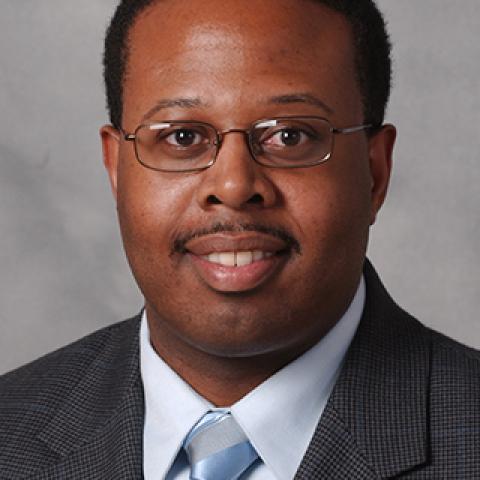
Samuel Graham is the Rae S. and Frank H. Neely Professor in the School of Mechanical Engineering at the Georgia Institute of Technology. He also holds an appointment in the School of Materials Science and Engineering at Georgia Tech and a joint appointment with the Energy and Transportation Science Division at Oak Ridge National Laboratories. His research focuses on the packaging and reliability of electronic devices ranging from wide bandgap semiconductors to flexible organic electronics and wearable sensors. His is a member of the Center for Organic Photonics and Electronics at Georgia Tech and a co-founder of the Heat Lab which provides thermal solutions for electronics packaging.
Heat Transfer; Nanostructured Materials; Electronic Systems, Devices, Components, & Packaging; Materials Failure and Reliability; Thermal Systems
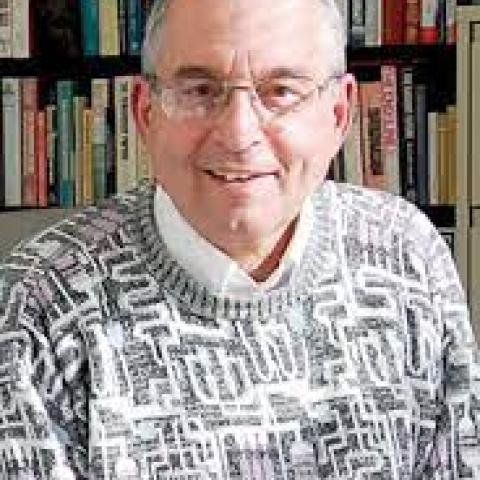
Seymour E. Goodman, Ph.D., joined the Georgia Tech faculty in 2000 as Professor of International Affairs and Computing and Co-Director of the Georgia Tech Information Security Center, jointly in the Sam Nunn School of International Affairs and the College of Computing. Prof. Goodman's research interests include international developments in the information technologies (IT), technology diffusion, IT and national security, critical infrastructure protection, and related public policy issues. Areas of geographic interest include the former Soviet Union and Eastern Europe, Latin America, the Middle East, South and East Asia, and parts of Africa. Earlier research had been in areas of statistical and continuum physics, combinatorial algorithms, and software engineering. He is the author or co-author of about 150 publications in these subjects, and serves in various editorial capacities for several academic journals, including contributing editor for International Perspectives for the Communications of the ACM since 1990. He has served on numerous study and advisory committees for the ACM, the Departments of Commerce, Defense, and State, the US Congress, and the National Research Council. Prof. Goodman's work has been supported by almost three dozen funding sources, most recently by multi-year grants from the National Science Foundation and the MacArthur Foundation. He teaches several undergraduate and graduate courses in science and technology and national and international security. In 2010, he was appointed to the Computer Science and Telecommunications Board of the National Research Council of the National Academies. Secondary research interests include the impact of S&T on the American Civil War, World War II, and the Cold War. Prof. Goodman was an undergraduate at Columbia University and obtained his Ph.D. from the California Institute of Technology.
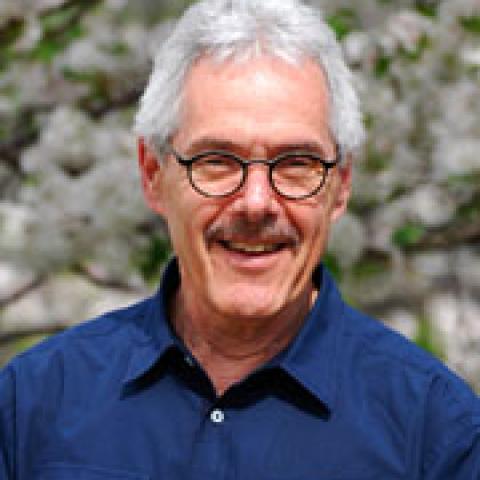
Dr. Glezer began at Tech in 1992 as an Associate Professor. He was named to the Woodruff Chair in Thermal Systems in 2002. Prior, he was an Assistant and Associate Professor at the University of Arizona.
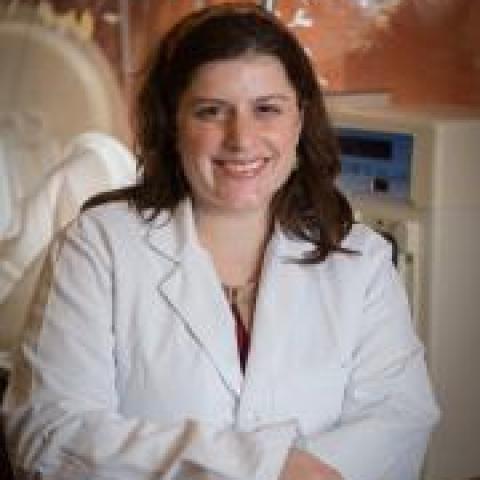
The Glass research group studies the microbes that made Earth habitable, and, more specifically, the microbial mechanisms underpinning cryptic transformations of methane and nitrous oxide in oxygen-free ecosystems. Why focus on the microbial world? The Earth has been constantly inhabited for four billion years. For three-quarters of that time, life was solely microbial. Ancient microbes produced the gases that warmed the planet to clement temperatures when the sun was faint, and that invented the molecular machines that drive biogeochemical cycles. The co-evolution of Earth and life is woven into the fabric of our research group, which examines the interplay between microbes and the greenhouses gases that control planetary temperature. Our research informs the microbial metabolisms that (i) made the early Earth habitable for life, (ii) make the deep subsurface habitable for life, (iii) serve as biosignatures for life on exoplanets, and (iv) play crucial roles in regulating atmospheric fluxes of greenhouse gases on our warming planet.
